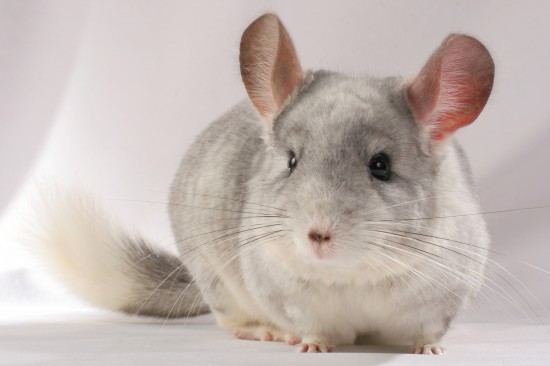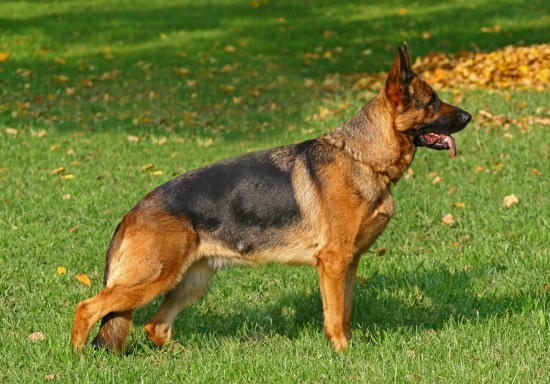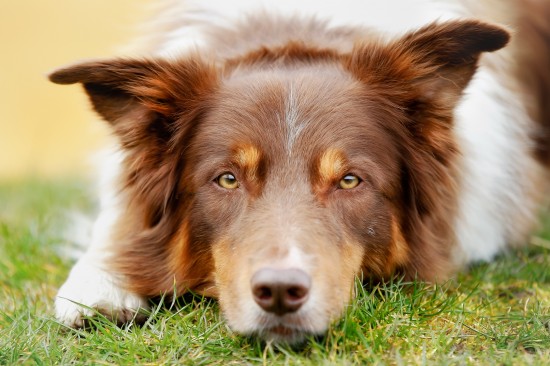
The Flu and the Swine Flu have been the hot topic during the last few months. Dogs are not exempt from catching the flu. Canine Influenza is an A H3N8 influenza virus that has been known to exist in horses for more than 40 years. In 2004, however, cases of an unknown respiratory illness in dogs (initially greyhounds) were reported. This virus has spread to dogs and can now spread between dogs.
Because this is such a relatively new illness to dogs, they do not have a natural immunity to this virus. Symptoms are nearly identical to those of the kennel cough, with a mild fever and thick nasal discharge.
Canine influenza is spread by an airborne expulsion and through contaminated surfaces. The virus can stay infectious for close to 48 hours, on garments for 24 hours, and on hands for 12 hours. Therefore sharing kennels, crates, food and water bowls, collars and leashes are areas that need t be monitored closely when dealing with the virus.
There are comparable respiratory infections that imitate the Dog Flu. Two different blood samples can verify that it is indeed canine influenza. The first is taken while the dog is ill and the second a couple of weeks later.
There currently a vaccine for this virus called H3N8. It has been established to lessen the occurrence and severity of lung lesions, as well as the extent of the cough and length of the virus. The vaccine is made from the non-active virus and is administered by injection in two doses, separated by two to four weeks. The Canine Flu vaccine can be given annually to dogs older than six weeks. Owners should seek the advice of their local veterinarian to ascertain whether the vaccine is appropriate for their dog.
At the moment, there is no confirmation that humans can catch the canine influenza virus from dogs. To back this up, there has been no recognized cases of humans infected to date.
Just like the Swine Flu and the Seasonal Flu, it is likely that the Dog Flu will continue to spread. Taking precautions and taking proper care of your pet, should keep your dog healthy during this flu season. There is no need for alarm and avoiding dog parks, kennels, grooming or other places you typically take your dog. Reputable Pet Professionals keep their establishments sanitized and are aware of unhealthy symptoms of their clients.
For more information on Canine Influenza, check out these 2 websites: Dr. Cynda Crawford (University of Florida) at www.canineflu.org and information from the American Veterinary Medical Association at www.avma.org.
We as human are always worried about our health and that of our family and sometimes don’t realize that our pets may be living in unhealthy environments. As a expert in dog health and care Joanne Gallagher at Jake’s Dog House suggests visiting your veterinarian when you notice any signs of canine influenza.
 Things Cats Love To Do Whenever They Can
Things Cats Love
Things Cats Love To Do Whenever They Can
Things Cats Love
 Fun & Interesting Facts About Chinchillas
Fun & Interesting
Fun & Interesting Facts About Chinchillas
Fun & Interesting
 Nutrition For The German Shepherd
Nutrition For The
Nutrition For The German Shepherd
Nutrition For The
 Keep Your Dog Safe With a GPS Containment and Tracking System
Keep Your Dog Safe With a GPS Containment and Tracking Sys
Keep Your Dog Safe With a GPS Containment and Tracking System
Keep Your Dog Safe With a GPS Containment and Tracking Sys
 Canine Diet & Epilepsy
Canine Diet & Epi
Canine Diet & Epilepsy
Canine Diet & Epi
Copyright © 2005-2016 Pet Information All Rights Reserved
Contact us: www162date@outlook.com